Classical CDs Weekly: Joe Cutler, Elgar, Septura

Anvils, football, bears and trumpets feature in this week's all-British selection
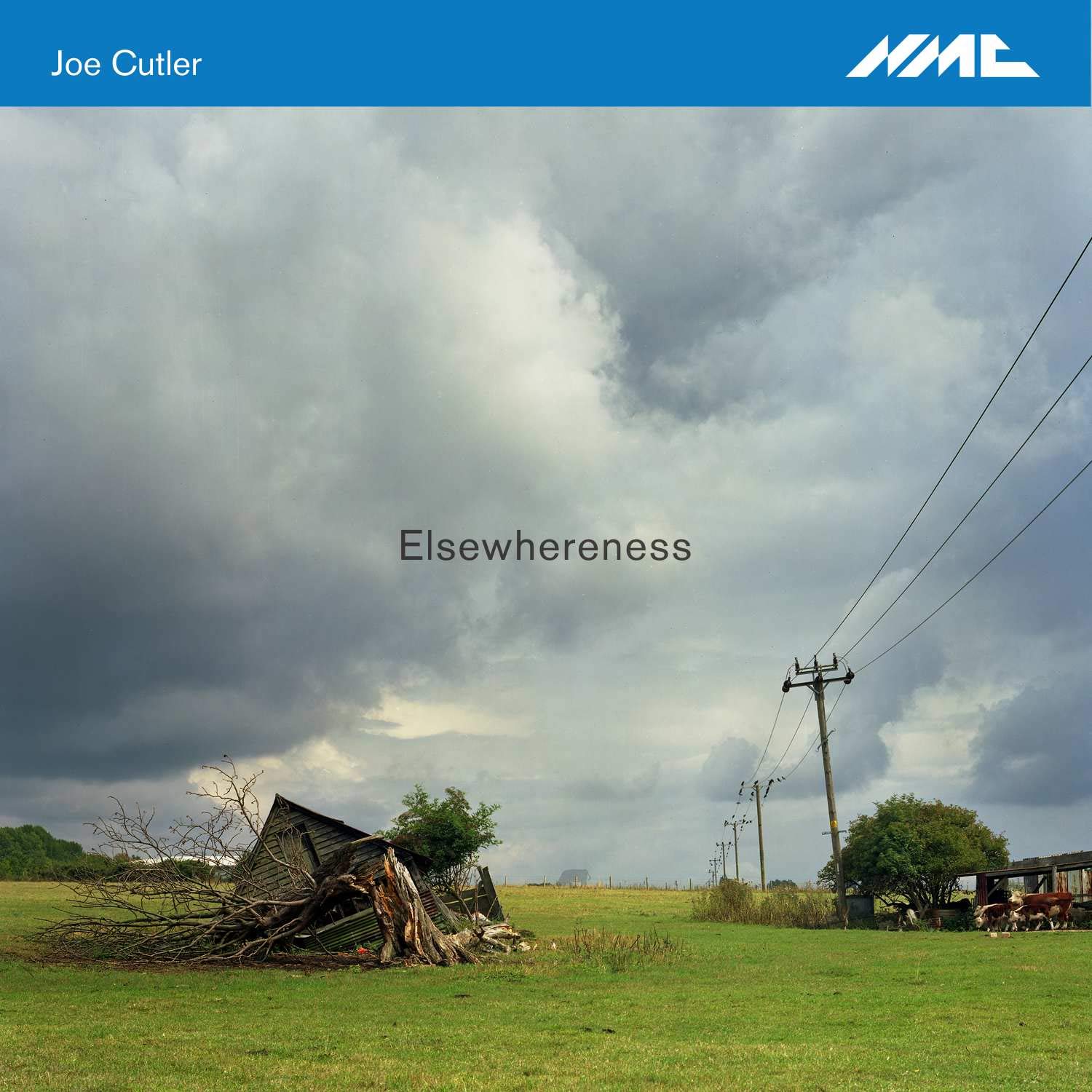 Joe Cutler: Elsewhereness (NMC)
Joe Cutler: Elsewhereness (NMC)

 Joe Cutler: Elsewhereness (NMC)
Joe Cutler: Elsewhereness (NMC)
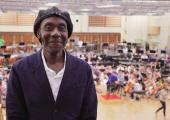
Jerusalem! This fact-studded story of 20th century British music told us that the nation's unofficial national anthem, Hubert Parry’s setting of William Blake’s poem, originated in 1916 as a commission from the “Fight for Right” movement.
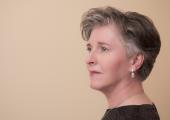
National feeling – in music, as anywhere else – depends on choice, not blood. This BBC Symphony Orchestra concert at the Barbican to mark the centenary of Poland’s rebirth as a nation never felt remotely like a feast of aural jingoism.
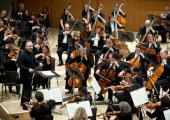
Sir Mark Elder’s first concert in the Hallé Thursday series for 2018-19 was on clearly mapped Hallé territory – Richard Strauss and Elgar. They have a reputation, and a tradition, of playing these composers’ music very well. They’ve already recorded Elgar's Second Symphony and, judging by the microphones around the platform, they’re doing the same right now with Strauss’s Don Quixote.
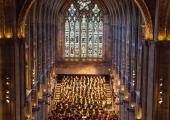
Not to be outdone by the Proms, the 2018 Three Choirs Festival in Hereford burst into action on Saturday with a major choral work, the Mass in D, by music’s most famous suffragette, the majestic figure of Dame Ethel Smyth. Dame Ethel embodies almost everything that makes caring Britain tick this year.
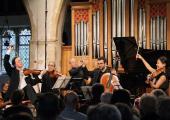
A magnificent riven oak with gnarly branches stands in the secluded graveyard of SS Peter and Paul's Church Peasmarsh, near Rye. Transport it in your mind to Flexham Park in a very different part of Sussex, imagine it struck by lightning and it could be one of that twisted group which Elgar encountered on a short walk from his Bedham cottage in the summer of 1918, subsequently permeating his massive and masterly Piano Quintet with the ghost story surrounding them.
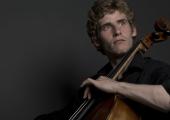
The London Philharmonic, conductor Vasily Petrenko and cellist Andreas Brantelid are just back from a tour of China, so they’ve had plenty of time to get to know each other. That affinity is apparent in the ease with which Petrenko (pictured below by Chris Christodoulou) marshals the orchestral forces, directly transmitting his trademark energy to every section.
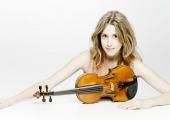
Mirga Gražinytė-Tyla has such a rapport with her Birmingham public that she can silence a capacity crowd - 2000-plus audience members, spilling over into Symphony Hall’s choir stalls – with the tiniest of gestures. Into that silence she neatly placed the first chord of Messiaen’s Un sourire, and you could hear every fibre of the string texture.
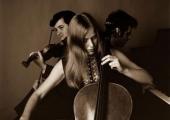
Hyperbole be damned. The most iconic English classical recording was made on 19 August 1965 in Kingsway Hall, London. Like Maria Callas singing Tosca, Jacqueline du Pré simply was the Elgar Cello Concerto once the LP hit the shops in time for Christmas. Proud, diffident, exuberant, reserved – all those words the English once used of themselves became freely associated with both performer and work, the two almost indistinguishable from one another in popular imagination.
The Last Night of the Proms is always a beautifully choreographed event, and this year’s was no exception. The format changes little, but each year a new selection of works is chosen to fill the slots. The BBC Symphony Orchestra, always the backbone of the season, somehow manages to sound fresh for their final outing.